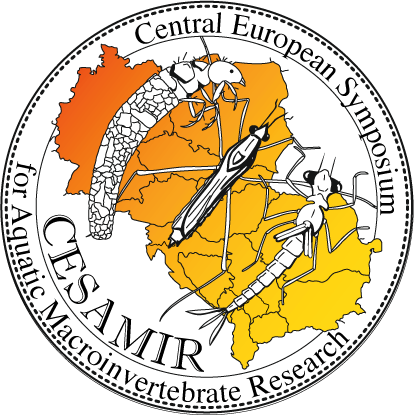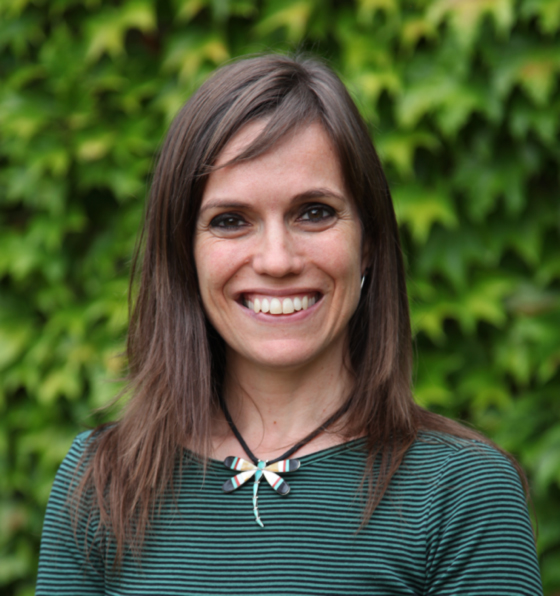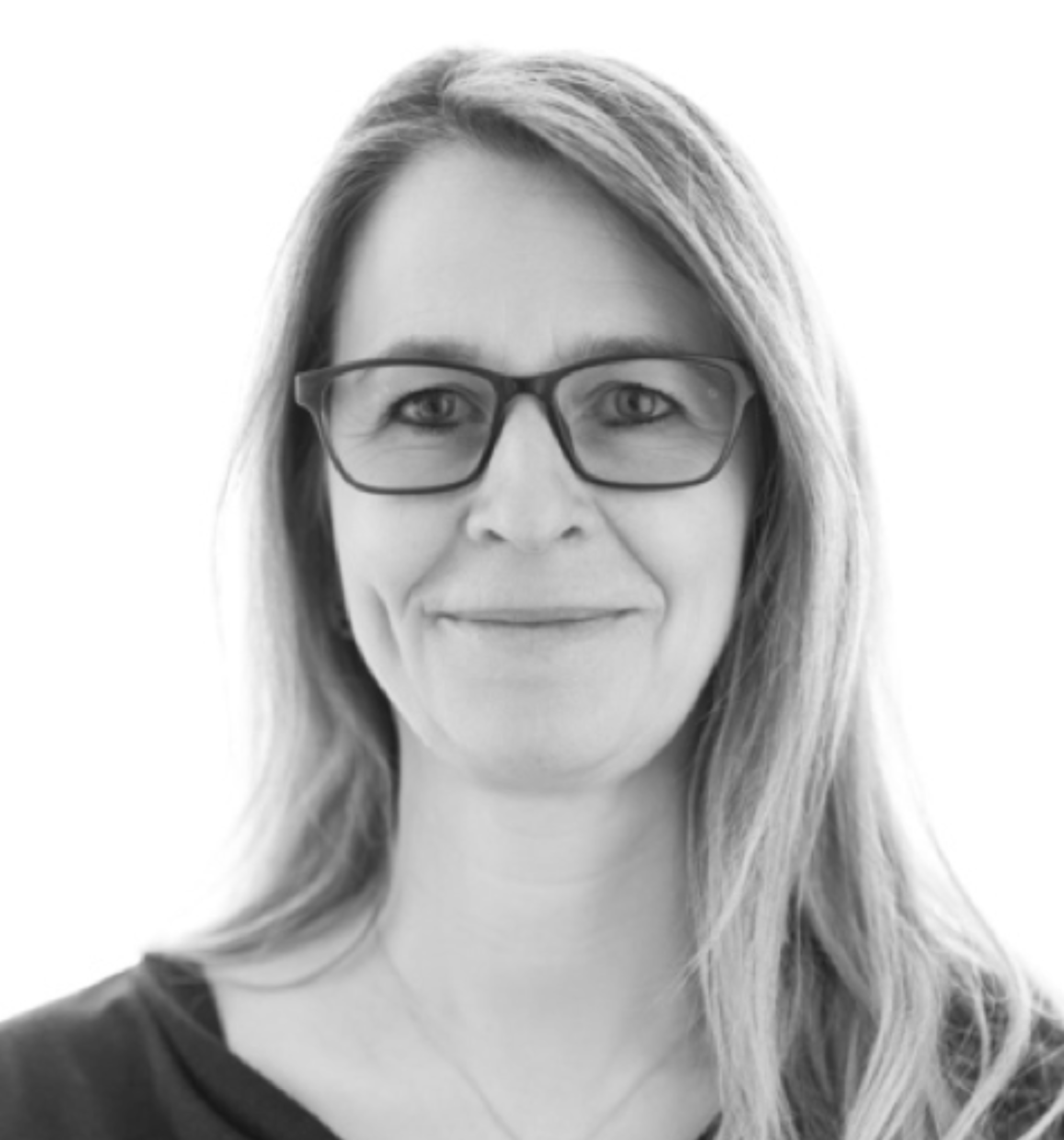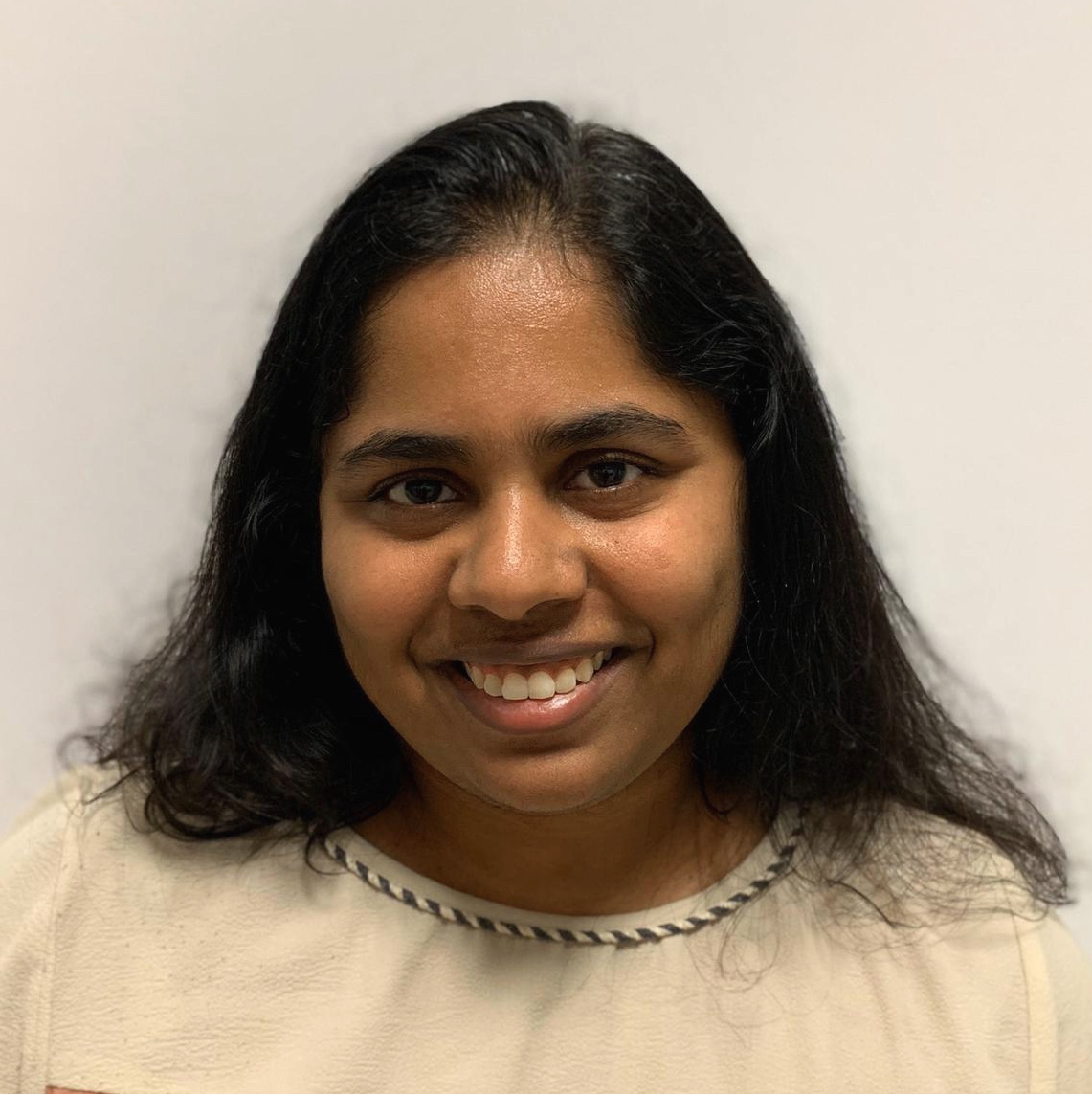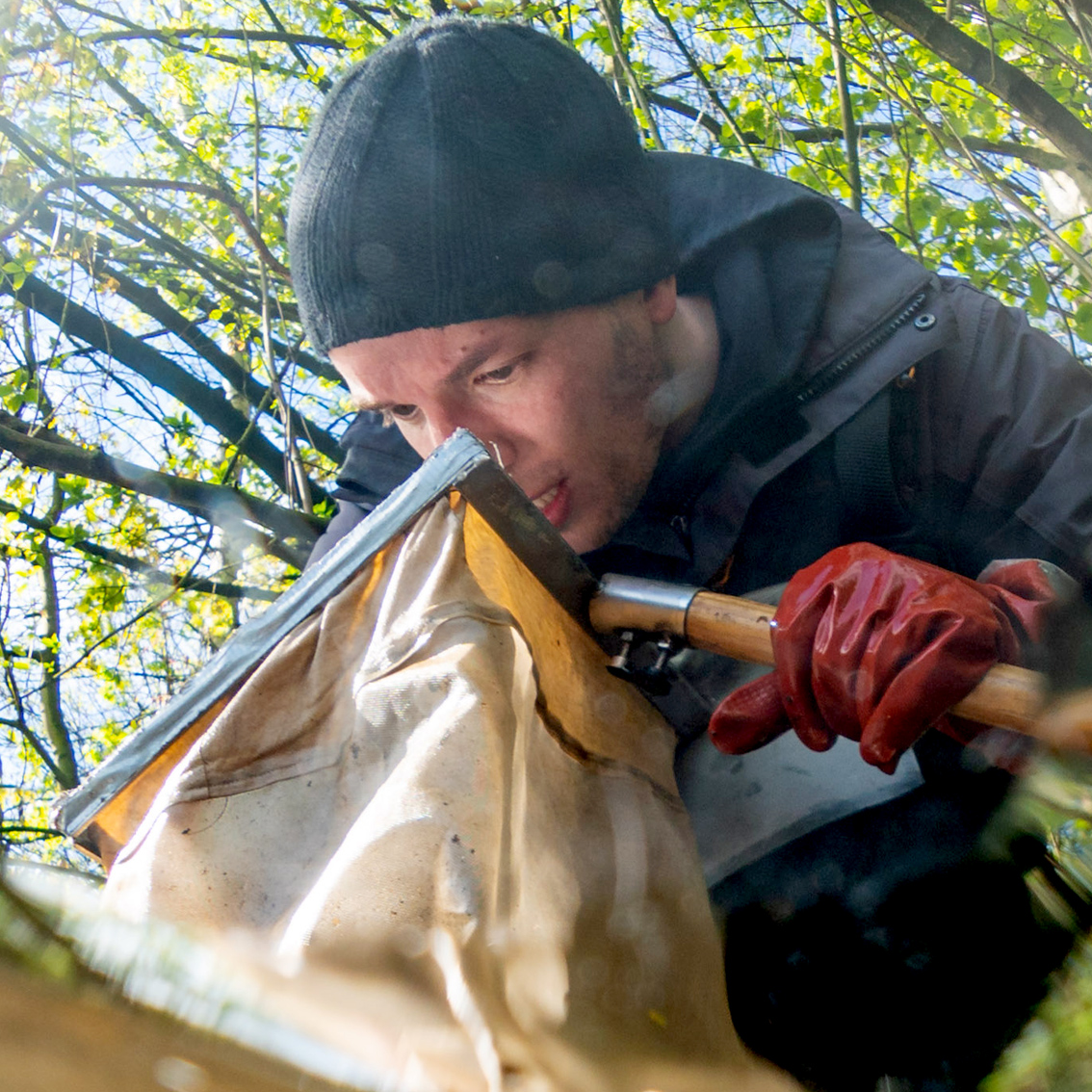
Welcome!
You are visiting the website of the 4th Central European Symposium for Aquatic Macroinvertebrate Research – CESAMIR2024, which will be held on July 7-12, 2024, in the beautiful High Tatras.
Thanks to previous organizers, CESAMIR has already gained a very good reputation among aquatic macrointertebrate researchers, and we firmly believe that it will maintain this high standard.
Here you will find all important information about the upcoming conference.
We start in
Day(s)
:
Hour(s)
:
Minute(s)
:
Second(s)
Prof. Núria Bonada
University of Barcelona
Spain
Dr. Astrid Schmidt-Kloiber
BOKU University
Austria
Dr. Amrita Srivathsan
Museum für Naturkunde
Germany
Dr Arne J. Beermann
University of Duisburg-Essen
Germany
